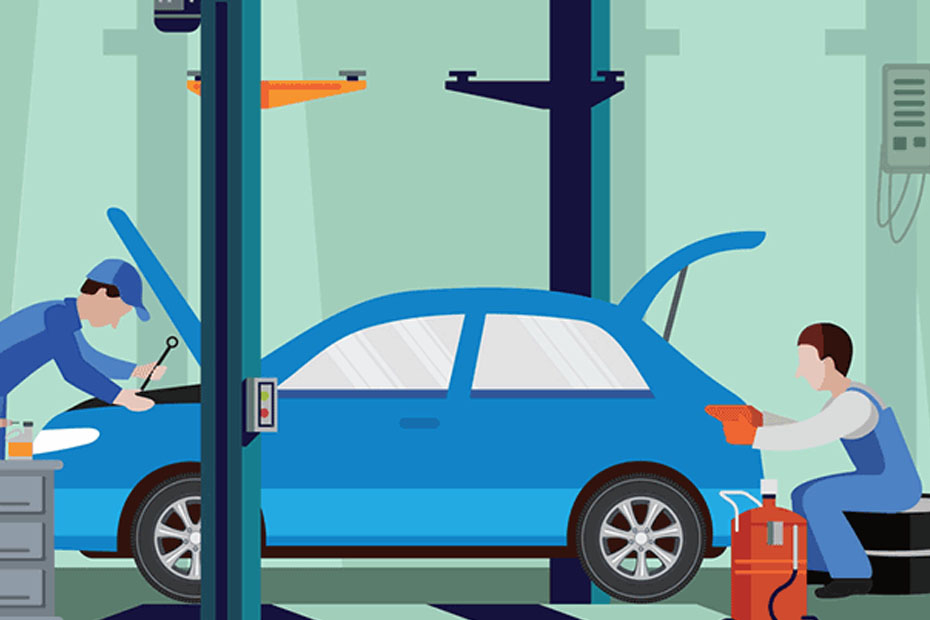Car insurance is a crucial financial safety net that protects you from unexpected expenses stemming from accidents, theft, fire, or natural disasters involving your vehicle.
However, it’s important to note that not all car insurance claims are approved by insurers. There are several reasons why a claim may be rejected, leaving you to bear the burden of expenses on your own.
By understanding these common reasons for Car Insurance Claim rejection, you can take proactive steps to avoid them and ensure a seamless and hassle-free claims settlement process.
1. Delay in Claim Intimation
One of the primary responsibilities after an incident is to inform your car insurance company about the loss or damage within their specified time frame. Most insurers require an intimation within 48 hours or 7 days following the incident. Failing to meet this requirement may result in claim rejection based on delay grounds.
2. Fraudulent Claims
The foundation of any insurer-insured relationship relies on mutual trust and honesty. Attempting to make false or exaggerated claims or intentionally causing damage to your vehicle constitutes fraudulent behavior that will lead to claim rejection by the insurer. In severe cases, legal action may also be taken against you.
3. Driving Under the Influence (DUI) – Alcohol/Drugs
Driving under the influence poses severe risks as it impairs judgment and increases accident probabilities significantly. If involved in an accident while under the influence of alcohol or drugs, your claim will be rejected as it violates policy terms and conditions.
4. Driving Without a Valid License
Operating a vehicle without a valid driving license is both illegal and against policy terms and conditions set by car insurance providers. Whether it’s expired, suspended, revoked licenses, or unlicensed drivers behind the wheel; insurers will reject any related claims due to unauthorized driving.
5. Modifying Your Vehicle without Informing Insurer
Any modifications made to your vehicle such as changing engines, adding alloys, or installing accessories must be reported to your insurer. This is because modifications can impact the value, performance, and risk profile of your car. Failing to inform your insurer about these modifications may result in claim rejection due to misrepresentation or concealment of material facts.
6. Using Your Car for Commercial Purposes
Unless you have a commercial vehicle insurance policy, your car insurance coverage generally applies only to private usage. Conducting commercial activities such as transporting goods or passengers for hire or reward without the appropriate policy breaches terms and conditions. Consequently, insurers will reject any claims resulting from unauthorized use.
7. Exceeding Policy Limits
Car insurance policies include specific limits on coverage amounts, deductibles, exclusions, etc. If you surpass these limits during an incident or accident claim submission, the insurer will either reject the claim entirely or pay out only up to the limit specified in your policy.
8. Breaking Traffic Laws
Engaging in risky behavior such as speeding, jumping signals, and driving on the wrong side of the road increases accident risks significantly while also violating traffic rules and laws. If it is found that you were breaking traffic laws at the time of an incident leading to an Car Insurance Claim, it will likely be rejected by insurers.
9. Being Dishonest on Your Car Insurance Application
When applying for car insurance coverage, it’s crucial to provide accurate and complete information regarding yourself including your driving history as well as details about your vehicle(s). Failing to disclose incidents such as previous claims or accident convictions constitutes fraud by misrepresentation or non-disclosure which insurers will not tolerate leading them to refuse Car Insurance Claim based on fraudulent behavior.
10. Making Fraudulent Claims
Making deceptive claims with intentions to deceive or cheat insurers for financial gain is considered a grave offense within the car insurance industry.
Examples of fraudulent claims include
- Claiming damages that occurred before purchasing a policy
- Claiming damages caused by events not covered under policy terms
- Inflating damages beyond actual repair costs, claiming pre-existing injuries or damages, and
- Claiming stolen items not present in the vehicle.
Insurers will promptly detect and reject fraudulent claims while potentially canceling your policy, blacklisting you, and pursuing legal action.
Read More- 6 Essential Things To Know About Your Comprehensive Car Insurance Plan

